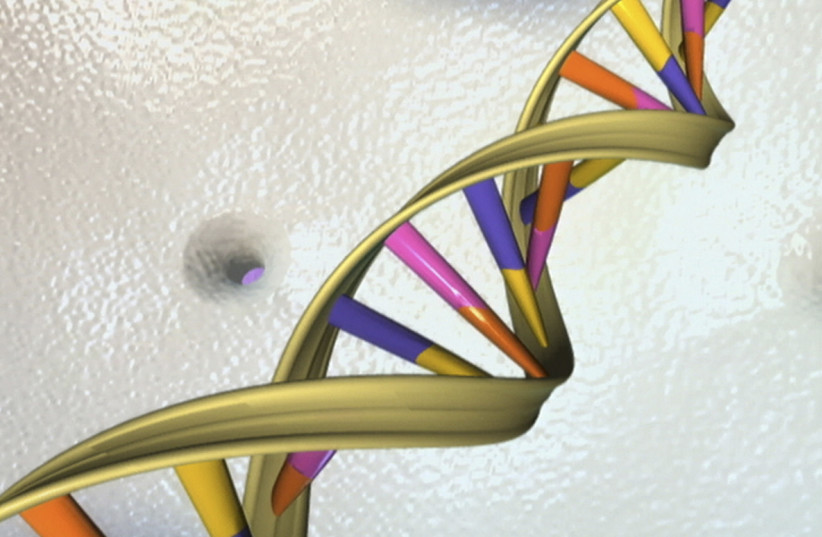A new study has revealed groundbreaking details on human evolution by studying 45,000-year-old human DNA, finding that human genomes have undergone drastic, hitherto unknown genetic changes in response to environmental pressures.
The research, published on October 31 in the peer-reviewed journal Nature Ecology & Evolution, led researchers to find that the previously understood mode of selection in natural populations may be inaccurate, bringing the potential to help us better understand human evolution and genetics over time.

An international team of scientists, led by University of Adelaide in Australia, examined DNA from more than 1,000 ancient genomes, the oldest of which was around 45,000 years old, to see if certain types of genetic adaptation had been more common in human history than studies of modern genomes had suggested.
"This discovery consequently challenges the prevailing view of human adaptation, and gives us a new and exciting insight into how humans have adapted to the novel environmental pressures they encountered as we spread across the planet.”
Dr. Yassine Souilmi
“It was widely believed the genetics of our human ancestors didn’t change due to environmental pressures as much as other animals, due to our enhanced communication skills and ability to make and use tools," study co-leader Dr. Yassine Souilmi explained.
Challenging the prevailing view of human adaptation
“However, by comparing modern genomes with ancient DNA, we discovered more than 50 cases of an initially rare beneficial genetic variant becoming prevalent across all members of ancient human groups," he said.
“In contrast to many other species, evidence for this type of adaptive genetic change has been inconsistent in humans. This discovery consequently challenges the prevailing view of human adaptation, and gives us a new and exciting insight into how humans have adapted to the novel environmental pressures they encountered as we spread across the planet.”
